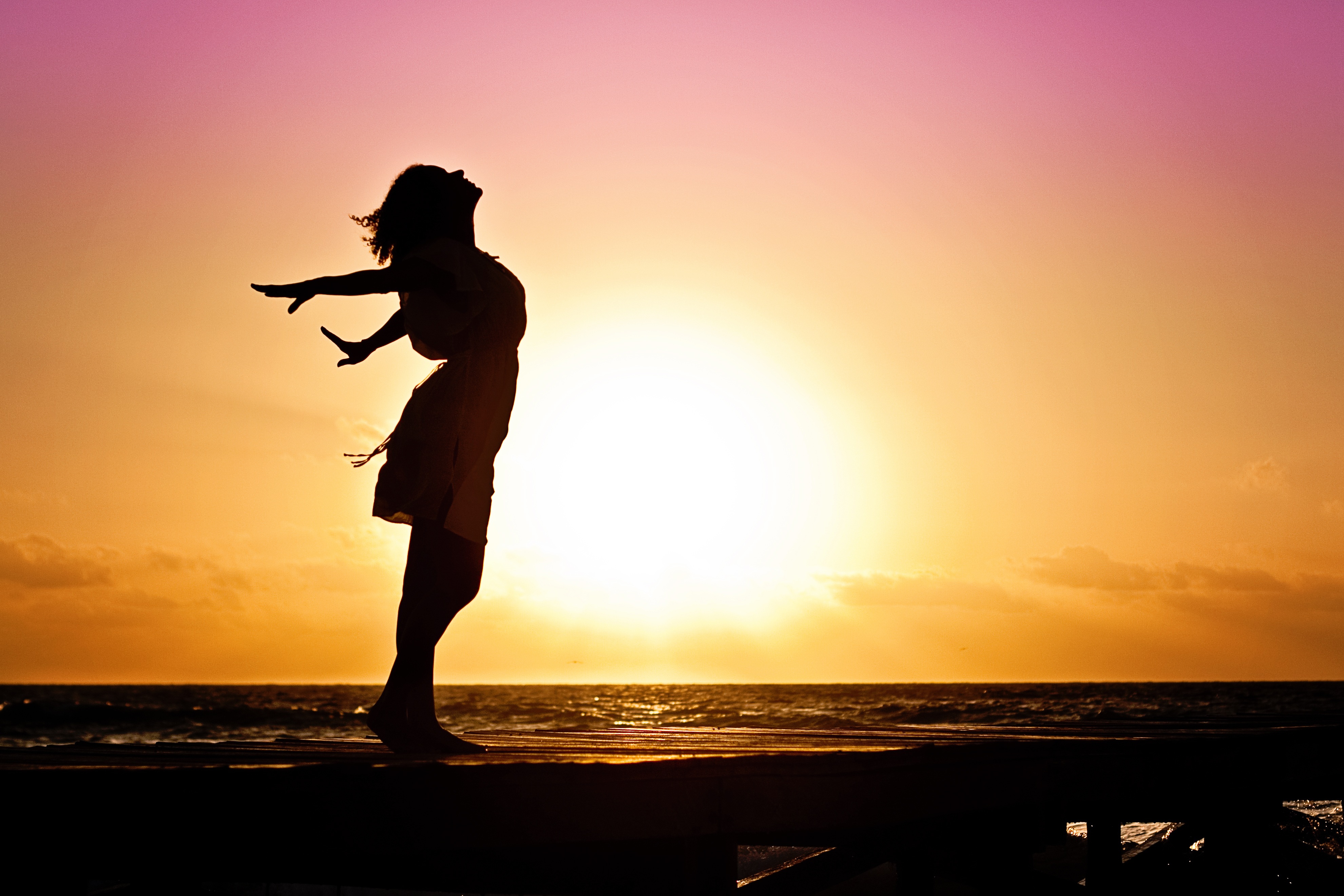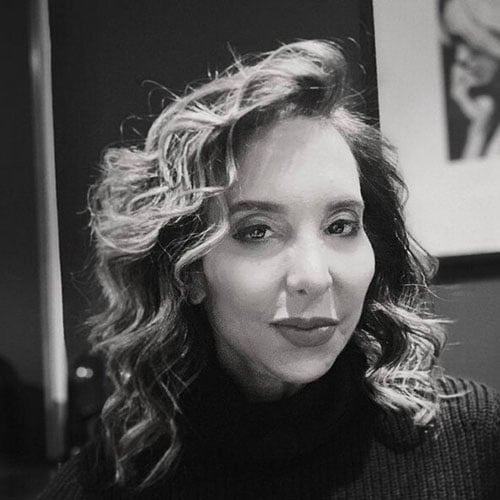 Photo from Pexels.
Photo from Pexels. Unexpected things can happen when you pull your back out on Christmas Eve.
First is the acute realization of the obvious — the centrality of the spine to one’s mind, body and spirit. In some ways, the spine is a metaphor for faith: Many of us take it for granted until something goes wrong.
The pain began while we were prepping for the arrival of some special friends. Three hours later, I couldn’t lift their precious 21-month-old baby. Joy quickly turned to despair — how was I going to take care of my own 9-year-old son, Alexander?
When our friends left, I nearly passed out with an ice pack. “I’m going to need you guys to clean up,” I mumbled to Alexander and Reese, our neighbor.
If I had been standing and smiling, I’m not sure that sentence would have elicited the same response. But I was quite literally a damsel in distress — and the boys reflexively took that as a cue to switch to warrior-cleaner mode.
What happened next was even more miraculous: Dr. Alexander took over. He propped up my pillows just so. Suddenly, I had six blankets and something to eat and drink. He made every effort to soothe me. Essentially, he became a different person. He was in control — and loving every minute of it.
The next morning, when I told him I was feeling better, he almost got teary. “But I’m not done yet,” he said. Genderists (my new name for anti-feminists) want to turn males, especially alpha males, into females. If only they tried for a nanosecond to understand evolutionary psychology and had some faith in its ability to continue to evolve.
My back was still creaky but I felt well enough to execute my Christmas Day plan to take our Yemenite neighbors to the Jewish Museum.
As soon as we walked into the elegant 1908 mansion, Saya exclaimed: “Why isn’t there an Islamic Museum?” There are, of course, museums of Islamic art and design, and the Metropolitan Museum of Art, just down Fifth Avenue, has a magnificent collection. But when Saya was growing up, both in Yemen and the Bronx, the beauty of Islam was never focused on — it was all about the rules. I promised her this would be our next excursion.
Meanwhile, Saya was mesmerized by both the beauty and edginess of our very special Jewish Museum. It strikes a rare balance: pride in Judaism and Israel combined with an insatiable desire to show what’s innovative and brilliant. For me, the museum conveys the universality of beauty — how beauty can connect humanity.
In the Archeology Zone, the kids donned Middle Eastern attire, sipped tea and threw fake pomegranates at each other. Saya, taught since birth to see Jews as aliens, couldn’t get over feeling so at home.
“I keep telling you, we’re cousins,” I said, as she teared up.
In 2019, I’m not going to so easily lose faith — in my friends, my family and myself. I’m going to focus on the miracles.
We were on a mission to find a piece of Yemenite jewelry when we were both struck by a large-scale triptych by Touhami Ennadre called “Prayer,” which depicts a pair of Ethiopian Jews, a Christian man at the Vatican and a Muslim woman after Sept. 11. “In a time of global religious conflict,” the text read, “the artist’s comparison of three spiritual practices emphasizes their human similarities rather than their doctrinal differences, merging into a single portrait of faith.”
The poignant piece confirmed our plans to co-curate an exhibition. At the museum store, I bought Saya a card that said “Besheret.” We, too, are soulmates, destined to discover the many layers of our bond.
As we were about to leave, Alexander let out a “MOM!” He had found a Lego bar mitzvah boy, reading from the Torah. “Please, this is just so coooool!” I looked at the price and began to shake my head. But here is my son, whose love of Judaism tends to get hidden, calling a nerdy boy reading from the Torah “cool.” How could I say no?
I bought it for him, with a promise to myself: In 2019, I’m not going to so easily lose faith — in my friends, my family and myself. I’m going to focus on the miracles, understanding that there can be no light without darkness, that light is more apt to radiate from a strong foundation, that ultimately what connects the mind, body and soul is both besheret and very much in our control.
Karen Lehrman Bloch is an author and cultural critic living in New York City.






















 More news and opinions than at a Shabbat dinner, right in your inbox.
More news and opinions than at a Shabbat dinner, right in your inbox.